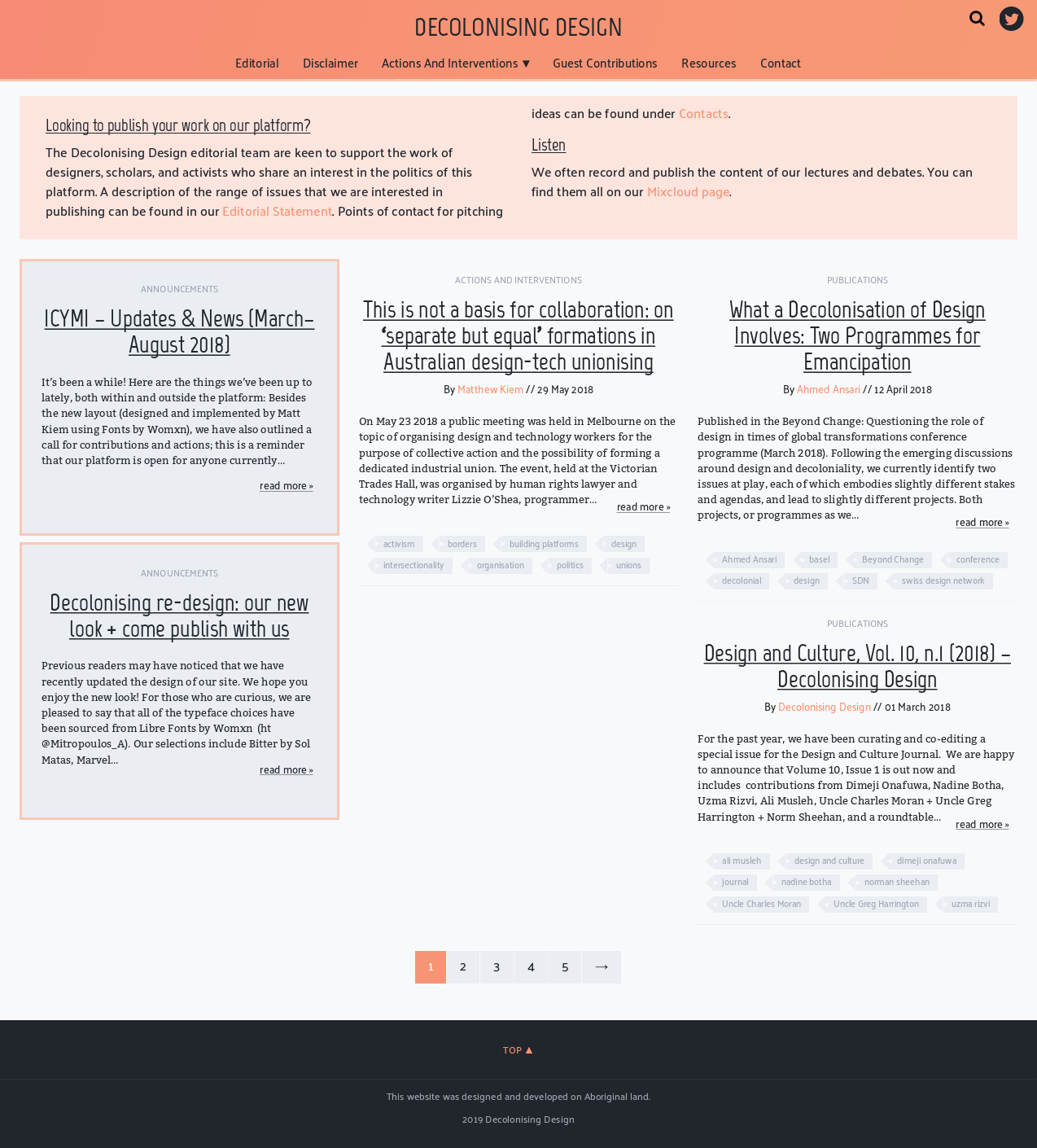Ruha Benjamin: Race After Technology: Abolitionist Tools for the New Jim Code (2019)
Filed under book | Tags: · abolitionism, algorithm, artificial intelligence, dna, facebook, google, prediction market, race, racism, segregation, social media, surveillance, technology

“From everyday apps to complex algorithms, Ruha Benjamin cuts through tech-industry hype to understand how emerging technologies can reinforce White supremacy and deepen social inequity.
Benjamin argues that automation, far from being a sinister story of racist programmers scheming on the dark web, has the potential to hide, speed up, and deepen discrimination while appearing neutral and even benevolent when compared to the racism of a previous era. Presenting the concept of the “New Jim Code,” she shows how a range of discriminatory designs encode inequity by explicitly amplifying racial hierarchies; by ignoring but thereby replicating social divisions; or by aiming to fix racial bias but ultimately doing quite the opposite. Moreover, she makes a compelling case for race itself as a kind of technology, designed to stratify and sanctify social injustice in the architecture of everyday life.
This illuminating guide provides conceptual tools for decoding tech promises with sociologically informed skepticism. In doing so, it challenges us to question not only the technologies we are sold but also the ones we ourselves manufacture.”
Publisher Polity Press, Cambridge, 2019
ISBN 9781509526406, 1509526404
x+285 pages
Interview with author (Sanjana Varghese, Guardian, 2019)
Comment (0)Decolonising Design (2016–)
Filed under online resource | Tags: · decolonization, design, gender, politics, postcolonialism, race

“Our objective—as design scholars and practitioners—is to transform the very terms of present day design studies and research. Designers can put to task their skills, techniques, and mentalities to designing futures aimed at advancing ecological, social, and technological conditions where multiple worlds and knowledges, involving both humans and nonhumans, can flourish in mutually enhancing ways. For us, decolonisation is not simply one more option or approach among others within design discourse. Rather, it is a fundamental imperative to which all design endeavors must be oriented.
It is with the aim of providing an outlet for voices from the fringes, the voices of the marginal and the suppressed in design discourse, that we have opened this platform. We welcome all of those who work silently and surely on the edges and outskirts of the discipline to join and contribute to conversations that question and critique the politics of design practice today, where we can discuss strategies and tactics through which to engage with more mainstream discourse, and where we can collectively experiment with alternatives and reformulations of contemporary practice.” (from the Editorial)
Edited by Ahmed Ansari, Danah Abdulla, Ece Canli, Mahmoud Keshavarz, Matthew Kiem, Pedro Oliveira, Luiza Prado, Tristan Schultz, a.o.
HTML
A Manifesto for Decolonising Design (2019; Editorial, 2016/2017, HTML)
Design & Culture 10(1): Decolonizing Design (special issue of journal, 2018)
Neda Atanasoski, Kalindi Vora: Surrogate Humanity: Race, Robots, and the Politics of Technological Futures (2019)
Filed under book | Tags: · artificial intelligence, automation, capitalism, colonialism, ethics, feminism, labour, liberalism, machine, military, race, robotics, robots, technology, women, work

“In Surrogate Humanity Neda Atanasoski and Kalindi Vora trace the ways in which robots, artificial intelligence, and other technologies serve as surrogates for human workers within a labor system entrenched in racial capitalism and patriarchy. Analyzing myriad technologies, from sex robots and military drones to sharing-economy platforms, Atanasoski and Vora show how liberal structures of antiblackness, settler colonialism, and patriarchy are fundamental to human—machine interactions, as well as the very definition of the human. While these new technologies and engineering projects promise a revolutionary new future, they replicate and reinforce racialized and gendered ideas about devalued work, exploitation, dispossession, and capitalist accumulation. Yet, even as engineers design robots to be more perfect versions of the human—more rational killers, more efficient workers, and tireless companions—the potential exists to develop alternative modes of engineering and technological development in ways that refuse the racial and colonial logics that maintain social hierarchies and inequality.”
Publisher Duke University Press, Durham, NC, March 2019
Perverse Modernities series
ISBN 9781478003861, 1478003863
x+240 pages
Interview with authors: Lesia Pagulich, Tatsiana Shchurko (Feminist Critique, 2019).
Reviews:Sibille Merz (Ethnic & Racial Studies, 2019), Barbara Herr Harthorn (American Ethnologist, 2020), Anita Lam (Surveillance & Society, 2020), Andrea Flores (Information & Culture, 2020), Raquel Bosó Pérez (Sociology of Health & Illness, 2020), Nina Trige Andersen (Modern Times, c.2020), Kevin Pabst (Security Journal, 2020).
Comment (0)
